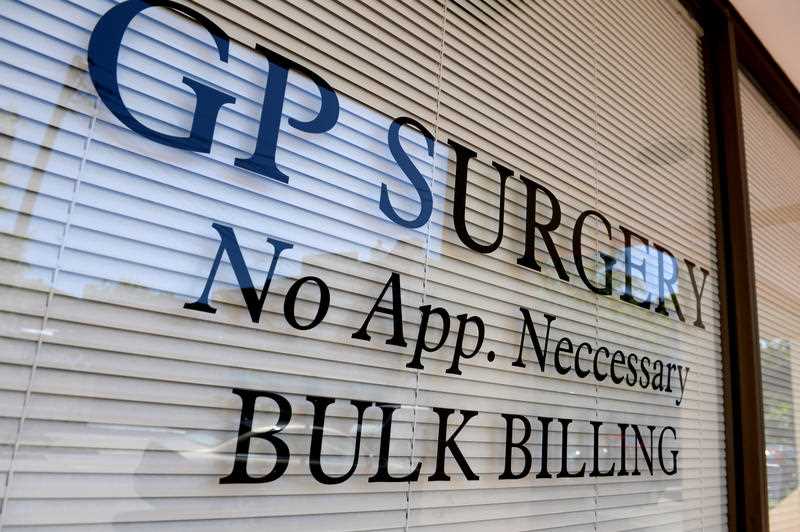Low-income Australians and children will be eligible for bulk-billed doctor visits with Medicare reforms at the heart of the federal budget.
Bulk billing incentives will be tripled for general practice consultations for children under 16 and concession card holders as part of a $3.5 billion commitment over five years.
The incentives will apply to all face-to-face consultations and telehealth services and give more than 11 million people access to a GP with no out-of-pocket costs.
Treasurer Jim Chalmers said the changes were the centrepiece of the budget and would ensure the quality of a person’s health care was guaranteed by their Medicare card, not their credit card.
“One of the things that makes this the best country in the world is our shared belief that every Australian should be able to access affordable, reliable health care,” he said.
“But right now, too many people are finding it more and more difficult to see a doctor.”
Health spending makes up about a sixth of government expenses in 2023/24, totalling $106.5b.
An extra eight urgent care clinics will also be opened by the end of the year, taking the total number across the country to 58.
The $358.5m funding boost will ensure the clinics stay open for longer hours to relieve overstretched GPs and take pressure off hospital emergency rooms.
The commitments have been welcomed by peak medical bodies who say the government has delivered a promised health budget.
Royal Australian College of GPs president Nicole Higgins said the budget put patients first and the measures would help relieve pressure on the entire healthcare system.
Following recommendations from the Medicare task force, new funding has been allocated to motivate doctors, nurses and allied health professionals to work together.
More than $445m over five years will boost a workforce incentive program, encouraging general practices to employ more nurses and other health professionals.
Australian Medical Association Steve Robson said the program had been underfunded for years and the extra money would help GPs and help make care more convenient and accessible for patients.
The budget also locks in prescription changes from September to allow more than 300 medicines to be dispensed in greater quantities.
More than $1b over five years will be allocated to allow two months’ worth of certain medicines to be dispensed by pharmacies at one time, saving some patients up to $180 a year.
New medicines will be added to the Pharmaceutical Benefits Scheme at a cost of more than $2b and an extra $449.4m has been allocated to add new listings on the National Immunisation Program.
Nearly $20m will be allocated over four years to establish the MyMedicare system, which aims to strengthen continuity of care and doctor-patient relationships.
Professor Robson said the association would examine the details of MyMedicare and work with the government to ensure it worked for patients and GPs and resulted in genuine health care improvements.
A Homelessness Support Program to help vulnerable people access primary care services will also be established at a cost of $25.4m.
By Maeve Bannister in Canberra



